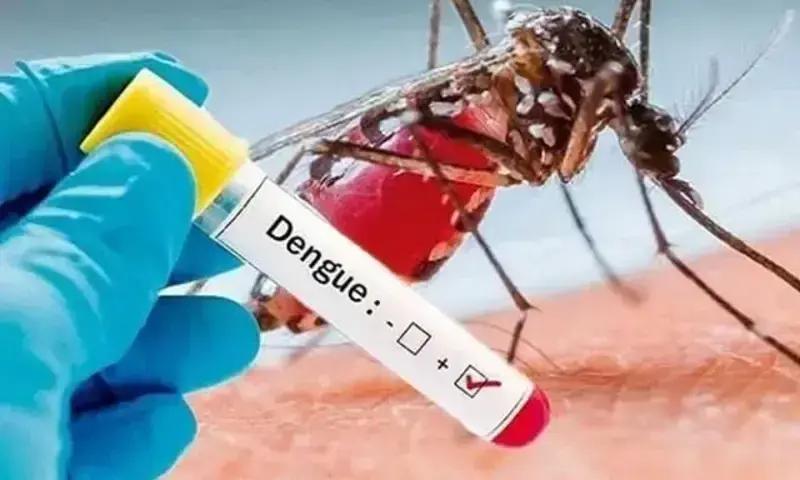Eating insects could help sustain Earth's booming population and save the planet, as Museum scientist Dr Duncan Sivell reveals.

It is interesting to know that more than 2 billion people around the world already depend upon insects as a part of their regular diet, added the scientist.
Dr Sivell arranged a late-night event in the museum in which the visitors were challenged with a unique culinary experience: beverage testing with edible insects.
They're also low in fat and a good source of protein - A 100-gramme portion of crickets can contain as much as 69 grams of protein. 'Insects are nutritionally comparable to meat,' says Dr Sivell.
'We wanted to use the event to draw attention to a food source that will become more common in the West,' continued Dr Sivell.
Insects are generally rich in vitamins like iron and zinc, as well as essential fatty acids like Omega-3.
Apart from the quick energy boost and healthier lifestyle, eating insects could also provide an economically sustainable way of life as people don’t have to spend much on other expensive ways of food production.
With Earth's population estimated to grow from seven billion to around nine billion by 2050, the growing demand for sustainable protein sources has put entomophagy in the spotlight.
According to estimates by the United Nations' Food and Agriculture Organization, the livestock industry could account for roughly 70% of the planet's agricultural land, with as much as 33% of all cropland is used to grow food for livestock.
In comparison, Dr Sivell says, cultivating insects requires less space, less feed, and generates less greenhouse gas.
And with the future issues, we're going to have, and the energy and land required to maintain our current food consumption, eating insects are going to happen, according to Dr Sivell.
Green Shirts give India humiliating defeat in U-19 Asia Cup final
- 14 hours ago
May 9: Yasmin Rashid, Mahmoodur Rashid, others sentenced to 10 years’ imprisonment each in two more cases
- a day ago

Larry Ellison’s big dumb gift to his large adult son
- 2 hours ago
Bangladesh holds state funeral for slain youth leader amid tight security
- a day ago
Gazans mourn six killed in Israeli shelling on shelter
- a day ago
Third ‘Avatar’ film lights up global box offices
- 9 hours ago

Nine terrorists neutralised in two KP IBOs: ISPR
- 9 hours ago
Commissioning ceremony of 2nd Pak Navy Ship KHAIBAR held in Turkiye
- 14 hours ago

PDMA issues alert about rains, snowfall over hills in KP
- a day ago
Only state can declare jihad in Islamic country, says COAS Syed Asim Munir
- 13 hours ago
Death anniversary of Hafeez Jalandhari being observed today
- 14 hours ago
Thai border clashes displace over half a million in Cambodia
- 13 hours ago







